How Dancing Makes For Happier Kids
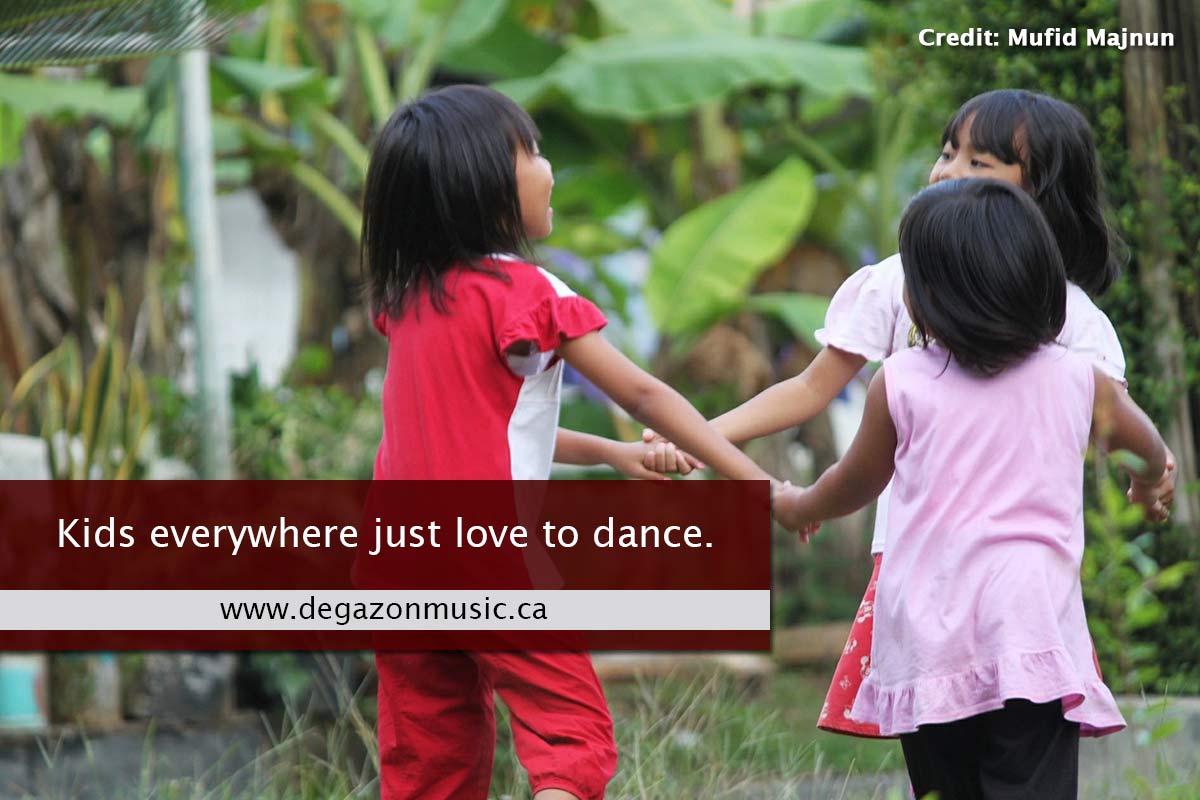
Among adults, the benefits of exercise are well documented and widely acknowledged. Muscle tone, fat percentages, and energy levels are all affected by our activity levels. In children, the need for exercise is even more pressing. This is partly because childhood fitness levels can have a lasting effect on adult health. To appreciate how movement makes happier kids, it’s also vital to understand the effect exercise has on a child’s psychological and emotional wellbeing. You’re never too young to learn how to dance your troubles away!
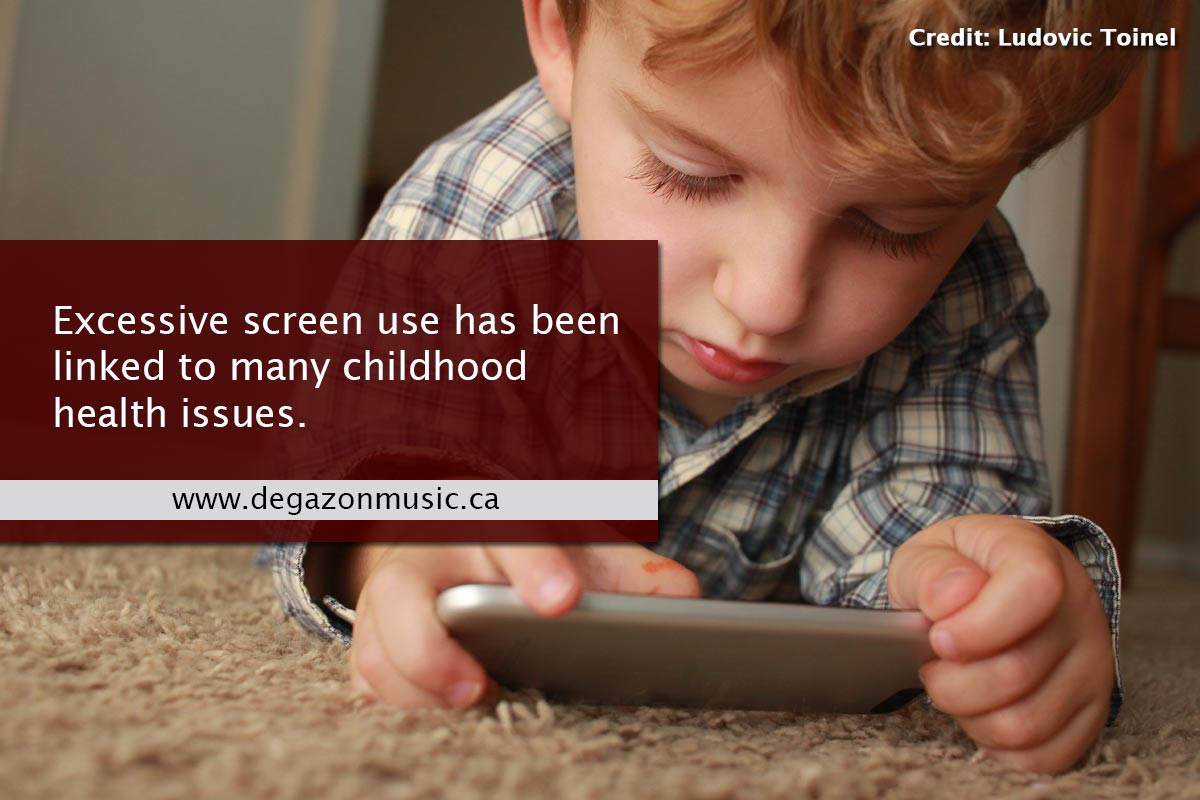
Although we now have more ways than ever to get our bodies moving, throughout North America thousands of children continue to deal with health complications related to physical inactivity and unhealthy habits. Increasing screen use has been linked to childhood obesity as well as some mental health issues in adolescents. These issues exacerbate underlying problems for many since they make a child less likely to engage in the physical activity they need.
By helping children maintain a healthy weight, we reduce the likelihood of them developing certain diseases, and we vastly improve their overall quality of life. Getting kids moving at a young age is essential to foster a lifelong appreciation for exercise.
The Benefits of Exercise In Childhood
While exercise helps us look good and stay healthy, in children the positive effects go even deeper, with potentially life-changing results.
Better Sleep
As any parent can attest, daily exercise has a positive effect on sleep, improving both the quality of rest and the ease of the bedtime process. By helping prevent obesity, exercise can also keep a variety of weight-related sleep inhibitors at bay (e.g. sleep apnea and acid reflux).
That said, the impact of physical activity on sleep is not merely tangible; moving our bodies helps clear our minds, thereby reducing anxiety (which interferes with sleep). When a child is playing sports or rehearsing a dance routine, they’re not on their screens that can negatively impact their sleep patterns.
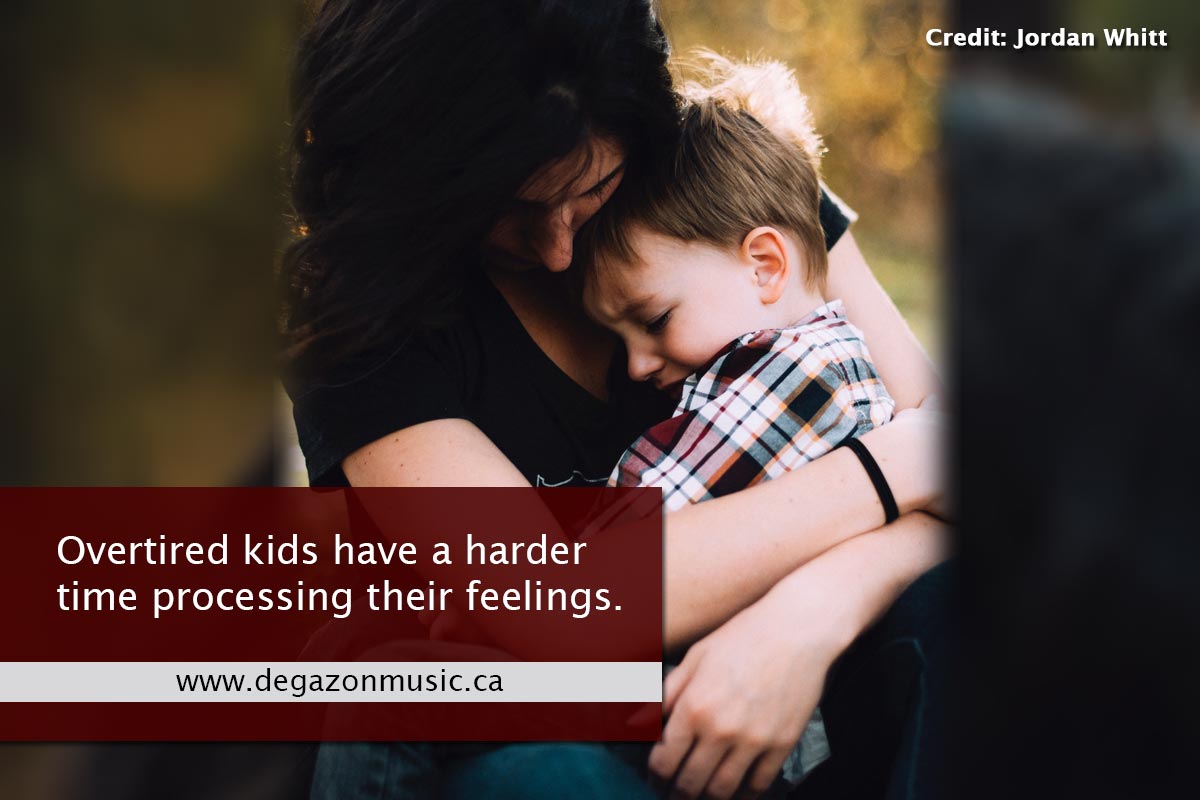
An overtired child has a shorter attention span and reduced problem-solving capabilities, and their ability to control their impulses is compromised. Most noticeable, perhaps, is the effect that chronic fatigue has on a child’s mood and emotional wellbeing. When a child is under-slept, regulating their emotions becomes a challenge. Simply put, a tired kid is a grumpy kid! When children sleep well, it makes life happier for the whole family.
Self-Esteem
The body positivity movement has been gaining ground in Canada, which is great news for kids and parents alike. Being comfortable in one’s skin is a worthy goal for any individual, and that comfort should be rooted in self-worth rather than outward appearance. However, remaining confident can be a struggle for any child, even if they’re not managing weight issues, low energy levels, or sleep disturbances. It’s easier to feel emotionally healthy when you feel physically healthy!
Because many young people turn to food when struggling with a poor self-image, they often end up feeling even less inclined to exercise, compounding the issue at hand. To complicate matters further, just as screen use affects sleep patterns, it also affects self-esteem due to the increased use of social media by adolescents.
The cycle can be difficult to interrupt once that self-esteem spiral starts, but rest assured that exercise is the perfect antidote. By encouraging kids to move their bodies, we give them a head start in the self-esteem department. When kids get active, they start taking pride in what their body can do, rather than how it looks. This sets them up exceptionally well as they move into the challenging teenage years.
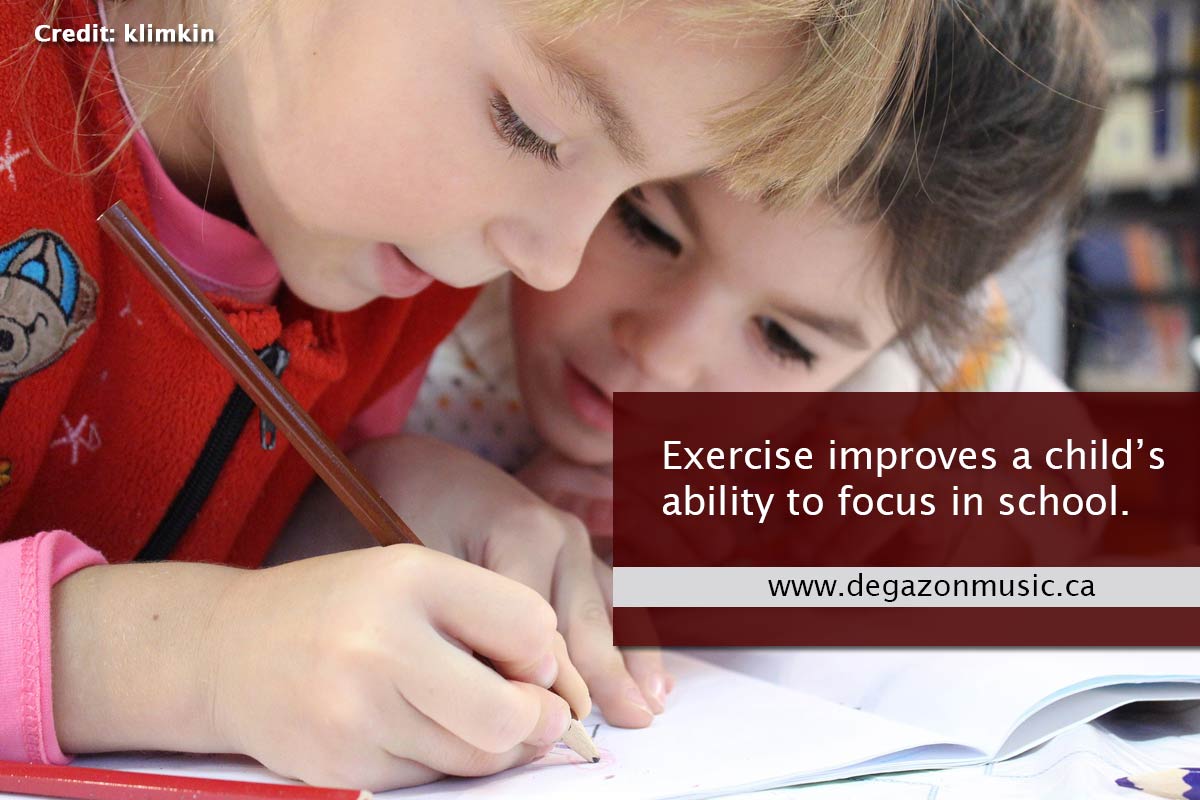
Academic Performance
Recent studies demonstrate that children with increased activity levels before studying have less difficulty focusing and more interest in their work. By strengthening synapses in the prefrontal cortex, exercise increases a child’s ability to concentrate and think clearly. This makes exercise particularly important for pre-teens, who are going through an intense period of synapse formation.
By helping reduce anxiety, movement also helps foster a sense of calm, which is advantageous during exams. Exercise can be an incredibly valuable tool for children with disorders such as ADHD; by helping them to regulate their behaviour, it allows them to focus more easily when required.
Socialization
Team sports such as basketball, hockey, or soccer provide an excellent aerobic workout while helping kids develop vital social skills. Team sports teach children cooperative skills, team-building skills, and pure resilience. At some point in life, everyone needs to learn how to be a gracious loser! By encouraging children to engage in shared physical activities like dance, we foster the development of interpersonal skills that will serve them throughout their lives. If active play is the foundation of childhood friendship, then starting early gives kids a head start.
A few key characteristics set dance apart from other exercise regimens. These differences give dance a wide-ranging appeal, with benefits that go far beyond physical fitness.
Friendship-Building
For young teens, in particular, escaping the dynamics of their school peer group can be appealing, providing a respite from the pressures of their primary social sphere. In dance and sports, new friendships are formed based on shared interests and mutual experience, and these bonds often grow in tandem with a child’s artistic (or athletic) skill set. It’s especially common for girls to consider their dance friends to be a cherished “dance family.” This speaks to a child’s innate need to belong, and their desire to express themselves joyfully in a safe, supportive environment. Because there are so many different styles of dance, it allows children to experiment to find the right fit and the right group of like-minded dance buddies.
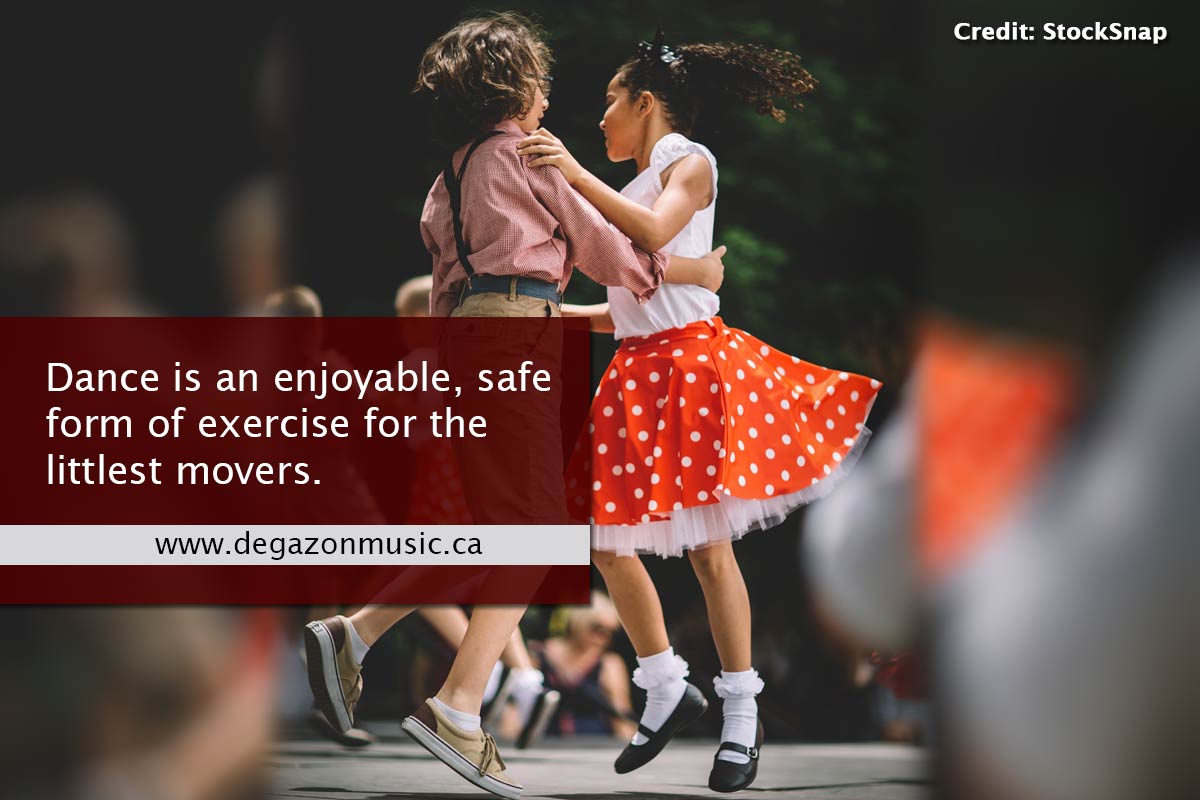
Fun
It’s important that physical activities for young children be play-based, enjoyable, and simple enough to keep early learners from becoming frustrated. Dance training for preschoolers priorities self-expression, centring the belief that for a child to keep dancing, they must first learn to love it! The use of music helps to keep kids engaged while stimulating their imagination.
In dance, there’s no winner, loser, or score; there’s just fun and expression. Going one step further, dance provides a safe environment in which to enjoy physical fun. While scrapes and bruises are a natural part of athletics and shouldn’t be considered deterrents, for nervous or sensitive children, the low-risk nature of dance can certainly make it less scary!
Accessibility
The experience of dance is available to children of all body types and abilities. You don’t need a studio to dance in, and you don’t need expensive equipment; you can even do it in your bedroom! It’s an activity that can be enjoyed into old age, starting in toddlerhood.
Dance has also proven to have considerable therapeutic benefits for children with special needs, whether those needs be physical or neurological. It can bring joy into the lives of troubled children, and it can offer respite for those suffering from illness. Dance can be enjoyed with friends or as a solo activity. Dance truly is for everyone!
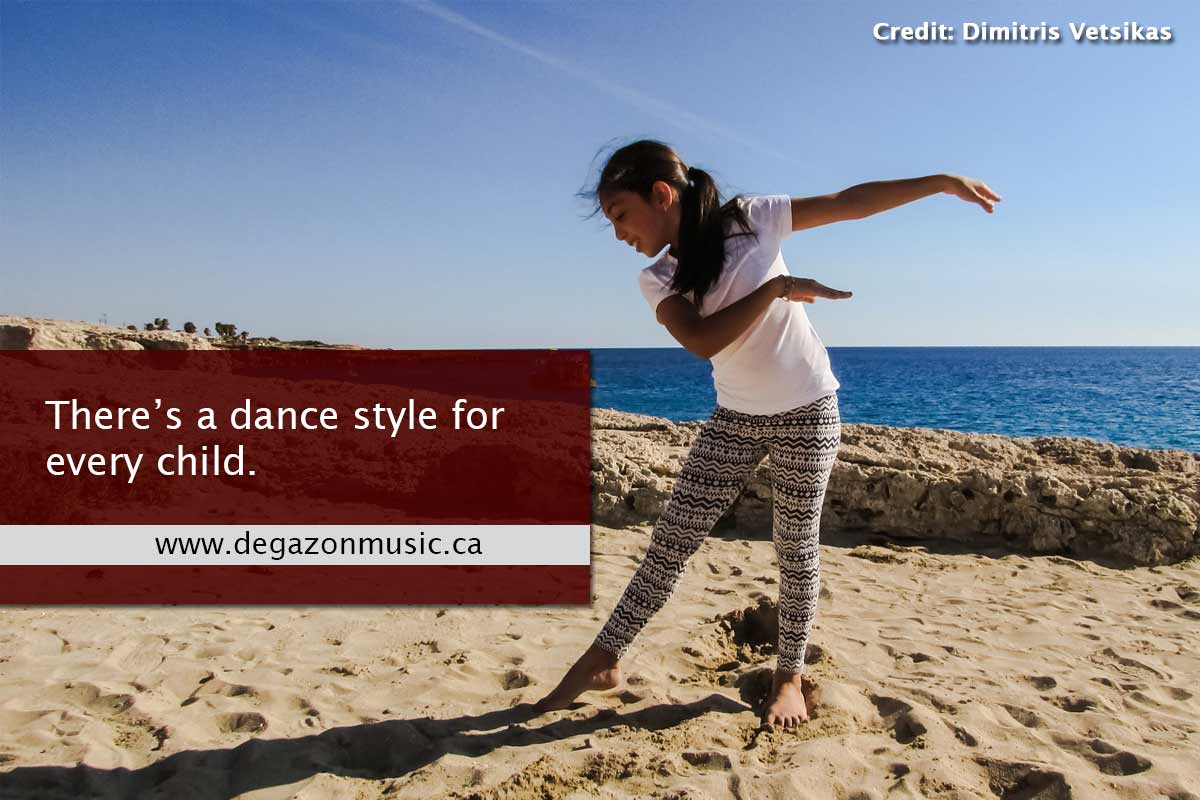
To learn more about the benefits of dance training, call DeGazon Music Studios at 1-877-768-7428 to discover a range of fun, inspiring classes for kids in the Mississauga area. With a variety of styles for different age groups , DeGazon Music will help your child fall in love with movement.
